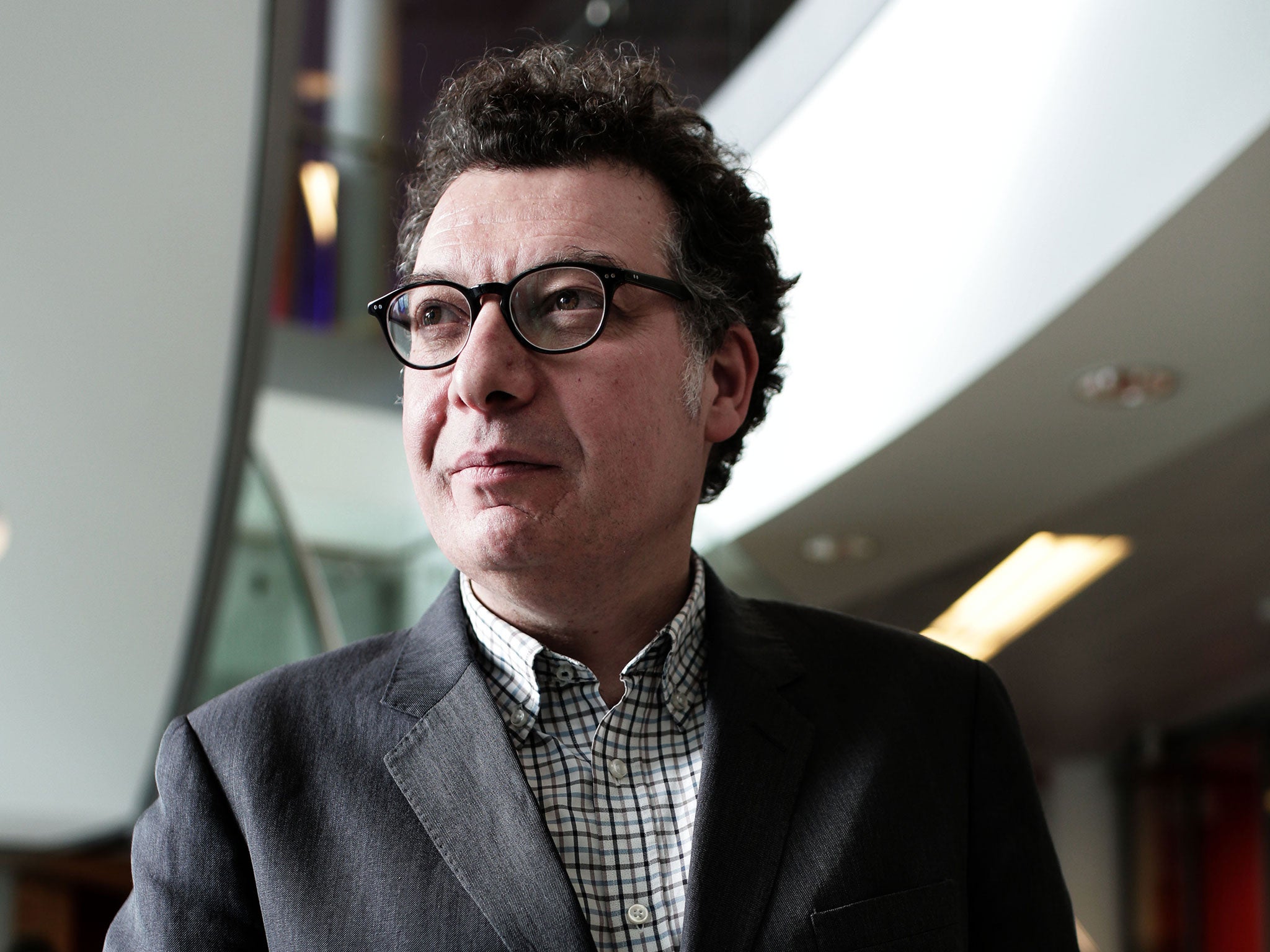Paris attacks: Do not call Charlie Hebdo killers 'terrorists', BBC says
While Mr Kafala’s comments may surprise some, they are in line with the BBC’s editorial guidelines on reporting terrorism

Your support helps us to tell the story
From reproductive rights to climate change to Big Tech, The Independent is on the ground when the story is developing. Whether it's investigating the financials of Elon Musk's pro-Trump PAC or producing our latest documentary, 'The A Word', which shines a light on the American women fighting for reproductive rights, we know how important it is to parse out the facts from the messaging.
At such a critical moment in US history, we need reporters on the ground. Your donation allows us to keep sending journalists to speak to both sides of the story.
The Independent is trusted by Americans across the entire political spectrum. And unlike many other quality news outlets, we choose not to lock Americans out of our reporting and analysis with paywalls. We believe quality journalism should be available to everyone, paid for by those who can afford it.
Your support makes all the difference.The Islamists who committed the Charlie Hebdo massacre in Paris should be not be described as “terrorists” by the BBC, a senior executive at the corporation has said.
Tarik Kafala, the head of BBC Arabic, the largest of the BBC’s non-English language news services, said the term “terrorist” was too “loaded” to describe the actions of the men who killed 12 people in the attack on the French satirical magazine.
Mr Kafala, whose BBC Arabic television, radio and online news services reach a weekly audience of 36 million people, told The Independent: “We try to avoid describing anyone as a terrorist or an act as being terrorist. What we try to do is to say that ‘two men killed 12 people in an attack on the office of a satirical magazine’. That’s enough, we know what that means and what it is.”
Mr Kafala said: “Terrorism is such a loaded word. The UN has been struggling for more than a decade to define the word and they can’t. It is very difficult to. We know what political violence is, we know what murder, bombings and shootings are and we describe them. That’s much more revealing, we believe, than using a word like terrorist which people will see as value-laden.”
Of the Paris case, Mr Kafala said: “We avoid the word terrorists. It’s a terrorist attack, anti-terrorist police are deployed on the streets of Paris. Clearly all the officials and commentators are using the word so obviously we broadcast that.”
While Mr Kafala’s comments may surprise some, they are in line with the BBC’s editorial guidelines on reporting terrorism. The guidelines state: “[The BBC] does not ban the use of the word. However, we do ask that careful thought is given to its use by a BBC voice. There are ways of conveying the full horror and human consequences of acts of terror without using the word ‘terrorist’ to describe the perpetrators.
“The value judgements frequently implicit in the use of the words ‘terrorist’ or ‘terrorist group’ can create inconsistency in their use or, to audiences, raise doubts about our impartiality. It may be better to talk about an apparent act of terror or terrorism than label individuals or a group.”
When reporting an attack, the BBC guidelines say it should use words which specifically describe the perpetrator such as “bomber”, “attacker”, “gunman”, “kidnapper” or “militant”.
BBC Arabic, part of the World Service, which is now funded by licence-fee payers, broadcasts radio, online and a 24-hour news channel, throughout the Middle East.